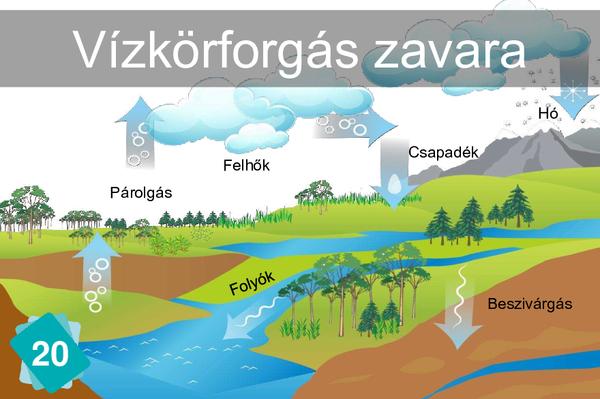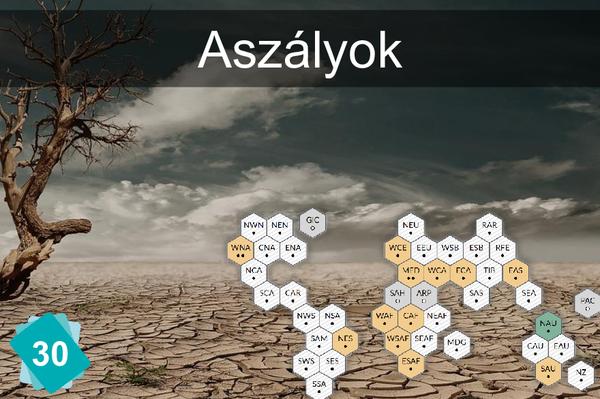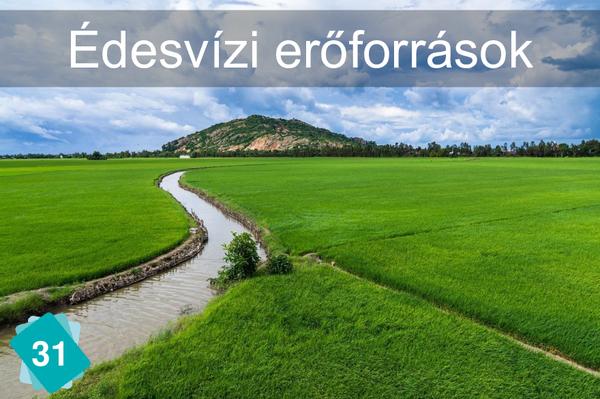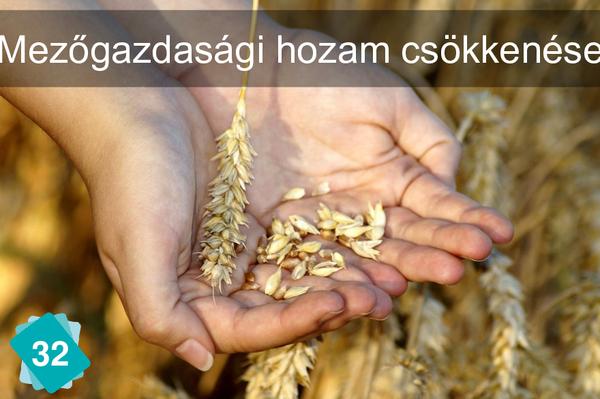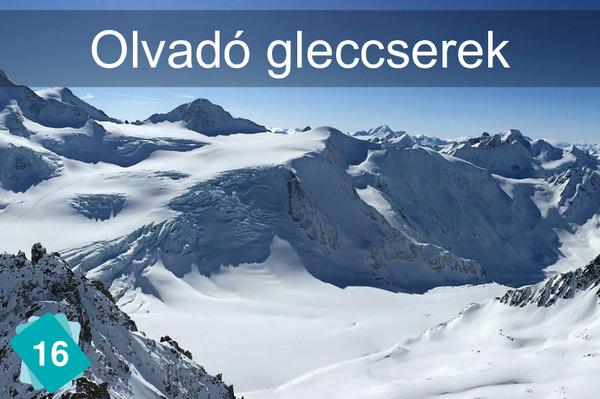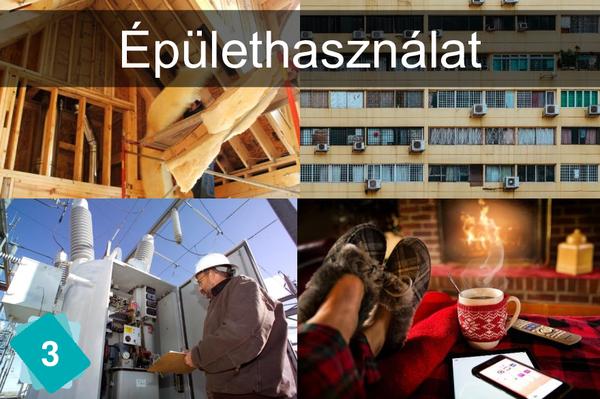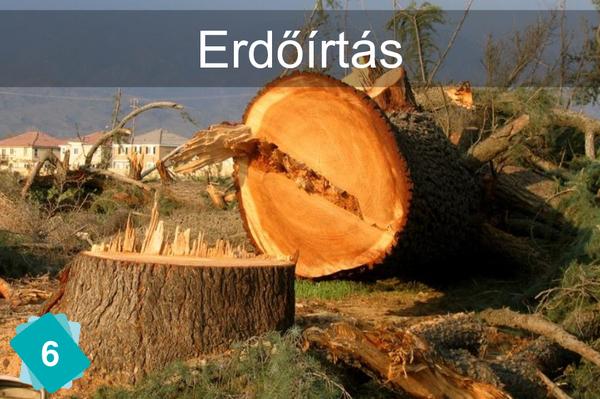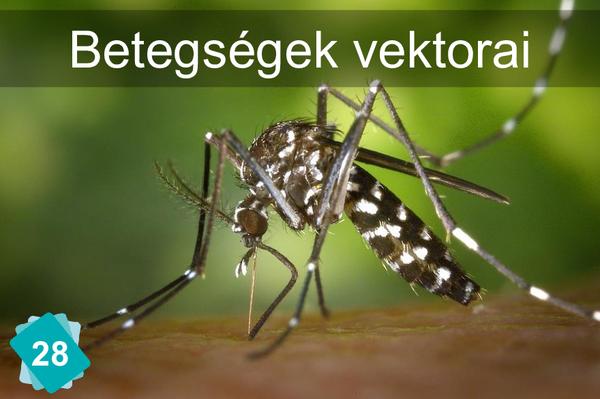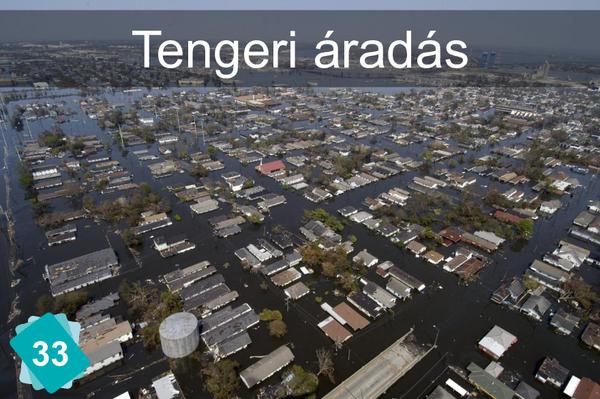26 - Árvizek
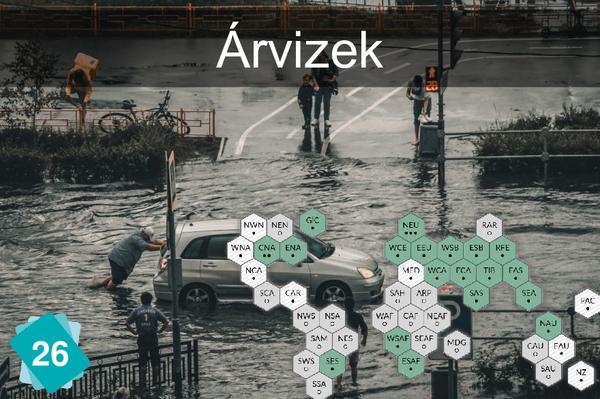
✏️ This explanation does not yet exist in your language. Please fill this Google Form if you want to help us!
A flood is the temporary rise in the level of a river due to precipitation (whether local or upstream) or melting snow or ice.
2Causes
3Consequences
Flooding can lead in some cases to contamination of freshwater resources and affect drinking water systems.
3Other possible causes
It is possible, in certain circumstances of high heat, that very fast rapid melting of glaciers may cause flooding. But the real concern about these glaciers is that they are gradually disappearing, depriving downstream irrigation of a top-up in summer.
Soil artificialisation is also responsible for flooding because the soil is no longer able to absorb rain water.
Vegetation retains water. Cutting it down can lead to flooding.
2Wrong consequences
Be wary of common misconceptions about flooding, marshes, mosquitos... Flooding can cause sanitation issues, but that is not what we are talking about here.



